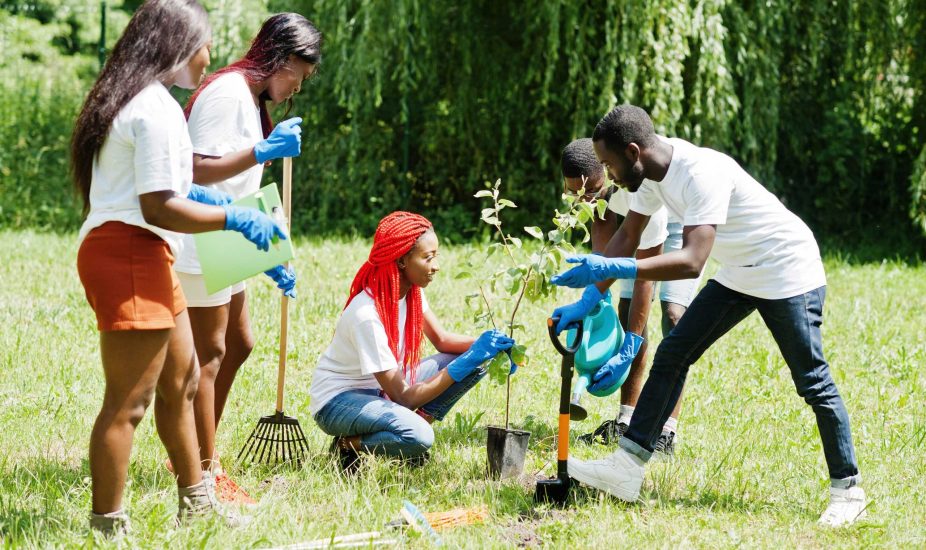Family traditions are too often overlooked for how important they are for the future well-being of our children. Studies showed that kids with alcoholic parents could be protected against generational abuse patterns if family traditions and rituals remained relatively stable throughout their childhood.
They were less likely to repeat the same problems if their family spent time together regularly.
Not only are family traditions helpful to protect kids from substance abuse, but there are also a few other benefits, too:
Traditions Interpret Life: When life gets difficult, as it always does, family traditions can provide a sense of stability and grounding for your kids that reminds them of where they come from and who they belong to. It’s around the dinner table, car rides, camping trips, and church services that we get to discuss the important things going on in each other’s lives.
Kids who have a stable, secure place to return to over time are the ones who can handle challenges with more resolve and strength than others.
Traditions Connect: In our contemporary world of mobile devices and screens, traditions we keep are what families do to spend time together in the old-fashioned analog way. As your kids experience more and more life outside of the home, they need a home base to return to.
Traditions Teach Values: Values express what’s most important in life. If you want your kids to understand your values, there’s no better way than to guide them to experience them in real life over time. Assuming family, commitment, and togetherness matter to you, leverage your traditions and underscore why they’re important.
Traditions Become Core Memories: If you’ve ever seen Pixar’s animated movie, Inside Out, you understand what core memories are and how they stick with someone throughout their lives.
Positive core memories can’t be manufactured artificially, and you can’t force them upon your kids. But you can certainly create the environment for them to happen organically. What better way to inculcate your kids with experiences of nurture, togetherness, and meaning than family traditions?
How do you create new family traditions? We’ve got 3 approaches to look at.
3 ways you can create new family traditions:
1. Start with borrowing from your own: As you reflect on your childhood, recall the traditions your family kept that perhaps you’ve forgotten about. Maybe it was camping, playing Scrabble, or taking walks with the dog. You don’t need to attach religious meaning to it or exaggerate its depth, but if it mattered to you, then do it again with your kids.
2. Steal from others: As some say, there’s nothing new under the sun. So, instead of racking your brain to develop a new tradition, ask your friends or stalk some families you respect on Instagram.
3. Create new ones: Looking at your calendar, are there important events, school breaks, or holidays you observe coming up? What can you dream up to do together as a family that’s simple and likely repeatable, assuming it goes well?
The best family traditions are the ones you repeat again and again and stay committed to. In many ways, it doesn’t matter what they are; what matters is your commitment to them.
Your kids won’t remember your specific conversations, but they’ll remember how important they were to you.
Special Note to Educators: No matter what you teach, you can give assignments to your students requiring them to spend time with their families. We’ve had teachers assign projects like that to our kids, and although it can be irritating to carve out the time during our busy lives, it’s still something we’ve deeply appreciated.
Recommended Natural High Activities To Encourage Family Time:
- Prompt A Family Conversation
- Designing Your Future – assign as homework, then tell students to share with their parents/caregivers. Instruct parents/caregivers to encourage and support their child’s goals.
- Landing Your Trick – a great goal-setting activity paired with a post we wrote to accompany this activity.


